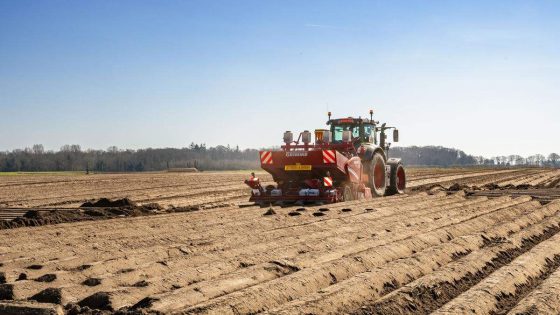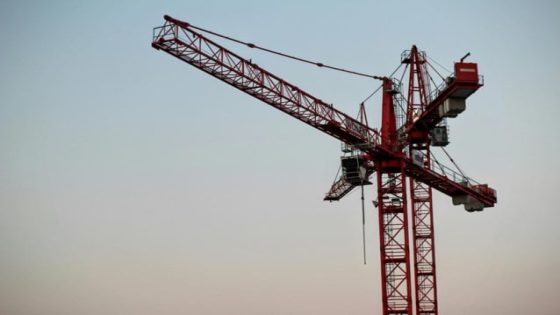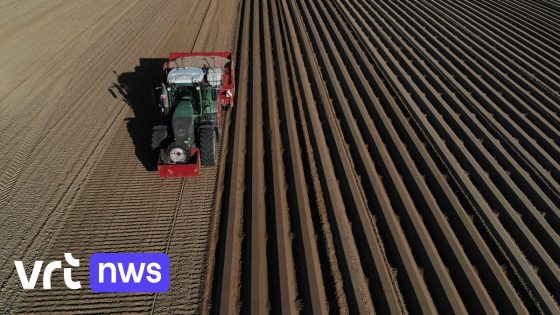Belgium faces increasing challenges due to persistent drought, with West Flanders joining East Flanders and Antwerp in imposing water extraction bans. As of 2025-05-09 18:06:00, the province has announced temporary restrictions on water use from several non-navigable streams to protect critically low water levels. This move highlights the severity of the ongoing dry spell affecting key waterways.
- West-Vlaanderen imposes temporary water withdrawal ban
- IJzer river flow drops to nearly zero
- Water diverted from Leie to sustain IJzer
- Authorities urge water conservation amid drought
- Enforcement challenges due to tourism and migration
- Dry conditions persist with low rainfall forecast
The IJzer River’s situation is particularly alarming, with its flow nearly at zero. To maintain water levels, authorities are diverting water from the Leie River through canals from Ghent to Nieuwpoort. Governor Carl Decaluwé describes the IJzer as being “on a drip” from the Leie, underscoring the urgency of the measures.
What impact will these restrictions have on local agriculture and daily water use? And how long can these emergency measures sustain the region’s water supply? The following Fast Answer provides a concise overview.
These drought measures raise important questions about water management and sustainability in Belgium. How can provinces balance agricultural needs with environmental protection during prolonged dry periods? Key points to consider include:
- Water extraction bans target vulnerable, non-navigable watercourses to protect ecosystems.
- Inter-provincial cooperation is crucial, as seen in water transfers from the Leie to the IJzer.
- Enforcement challenges exist due to competing demands like tourism and migration control.
- Early-season restrictions indicate the drought’s severity and the need for proactive water conservation.
Looking ahead, continuous monitoring and community cooperation will be vital to managing Belgium’s water resources through this drought. Will timely rainfall arrive to ease restrictions, or must longer-term strategies be developed to safeguard water security? Staying informed and conserving water remain essential steps for all.



























